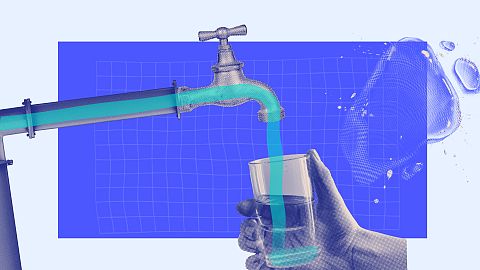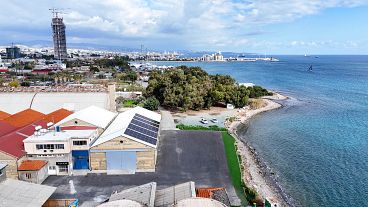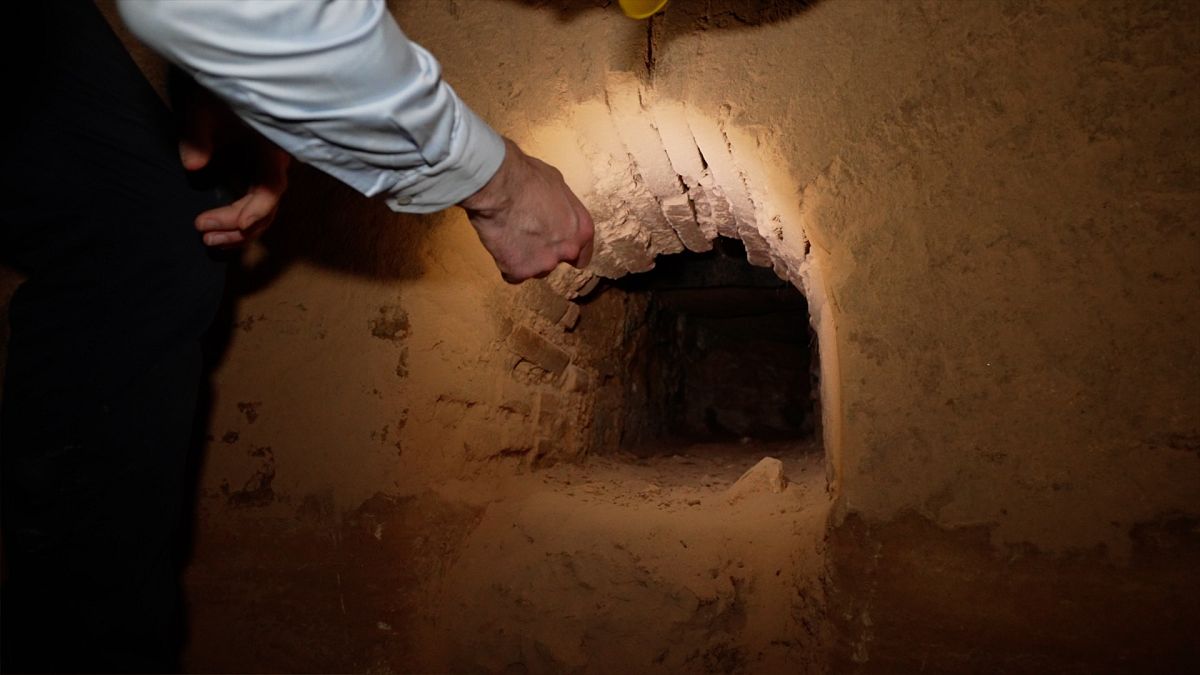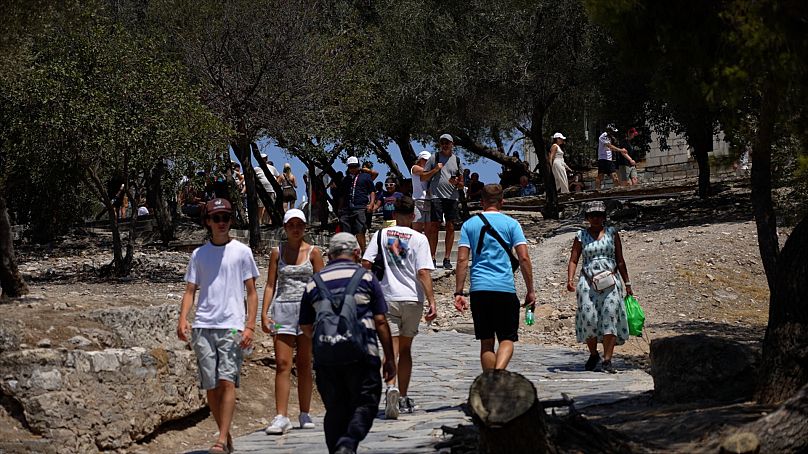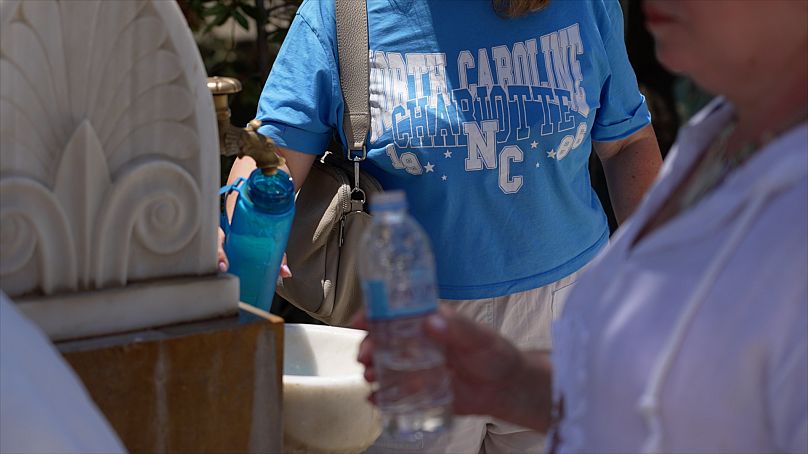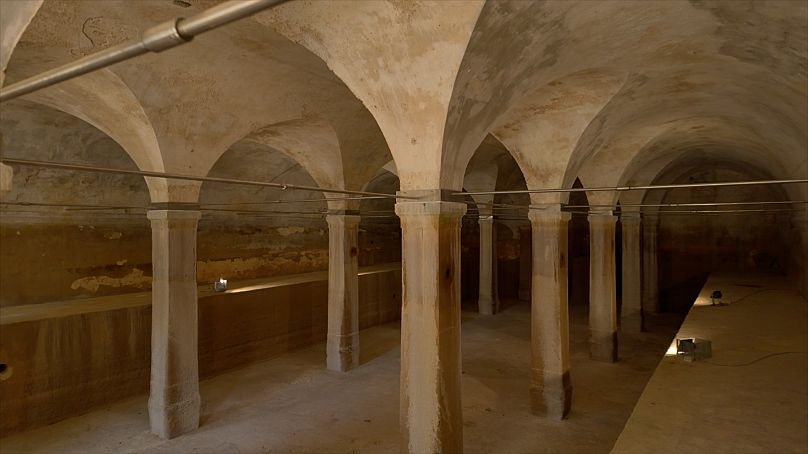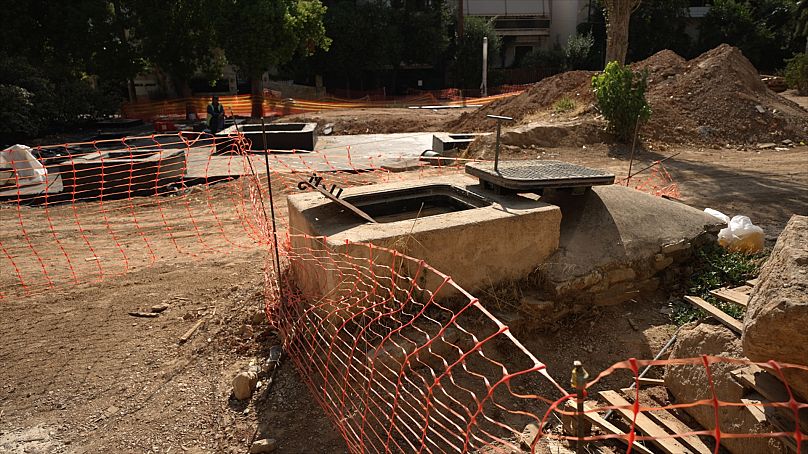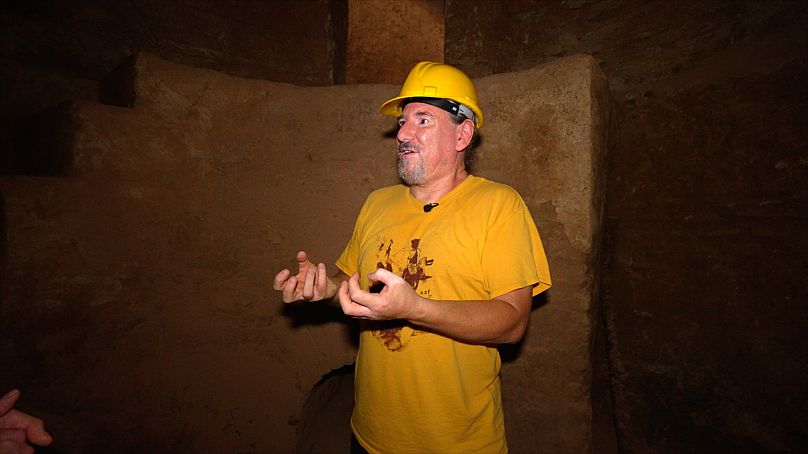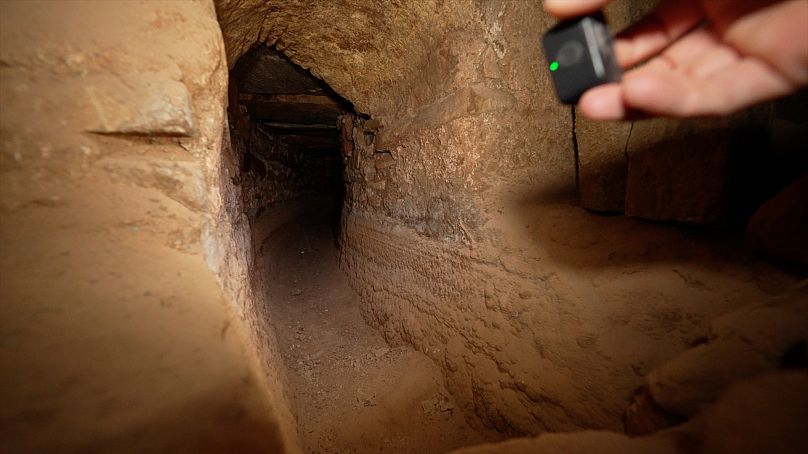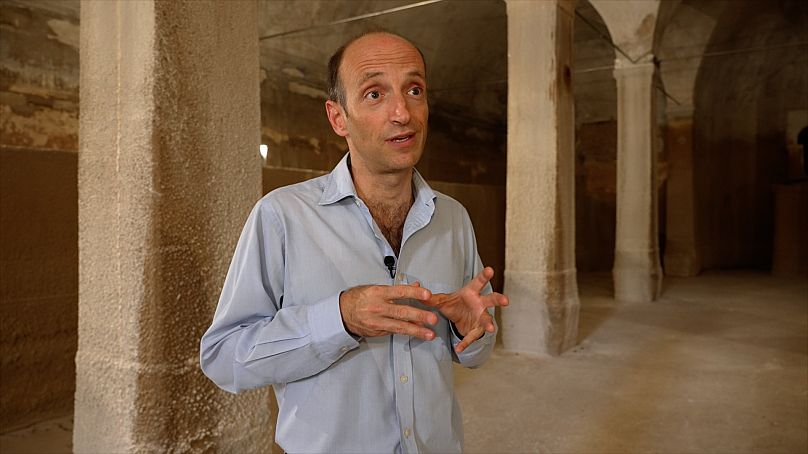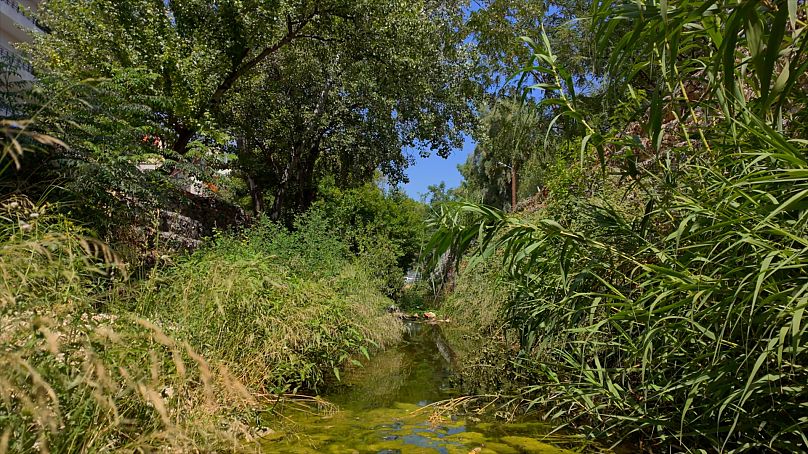Athens is no stranger to blistering heat, but faced with soaring summer temperatures the city is tapping into its ancient Roman engineering to create more green spaces. Water Matters journeyed underground to learn more.
After experiencing its hottest June on record and another severe heatwave in July, cooling Athens and conserving water has taken on extra urgency, especially given that this part of Europe is one of the fastest-warming places on Earth. One idea already in the pipeline is to create more green spaces in the Greek capital using water from the city’s ancient Roman aqueduct.
Hidden heritage
Commissioned by Emperor Hadrian and completed around 140 AD, Hadrian’s Aqueduct flows some 23km from Mount Parnitha, north of the capital, directly into the heart of Athens. Most of the aqueduct lies below ground and works by infiltrating the groundwater table.
In the municipality of Chalandri, a pilot project called Cultural HIDRANT is bringing part of the ancient structure back to life.
‘’The Hadrian aqueduct hasn't got an obvious spring to carry the water to somewhere else,” said Christos Giovanopoulos, the Project Manager of Cultural HIDRANT. “It soaks the water from the ground along its route and this is important because the more you use the water, then the water returns. You enrich the water resource that we use,’’ he added.
When complete, residents in Chalandri will be able to tap into the non-potable water system to water their gardens or clean their property, either by connecting to pipelines running next to the aqueduct or by using municipal water trucks.
“The Hadrian aqueduct, because it's still functioning, still carries water that is now wasted into the sea. When the new non-potable water pipelines start working we're going to save 80,000 cubic metres per year,’’ Christos explained.
Athens is one of Europe’s hottest and most densely built cities. In summer that leads to a marked heat island effect and it’s hoped the extra water will create and irrigate a green corridor along the aqueduct’s route to reduce temperatures.
Creating a sustainable water culture
Another important aspect of the project is to change people’s habits by encouraging them to use water differently, so less potable water is wasted.
“The ultimate goal of the project is to create a culture in Athens,” said Giorgos Sachinis, Director of Strategy and Innovation at Athens Water Supply and Sewerage Company, EYDAP. “We want more green spaces and less waste of potable water for non-potable uses, and this project is just the beginning of a long strategy for that,’’ he added.
Regenerating neglected water sources and greening urban spaces is increasingly seen as a way to help mitigate against the changing climate and foster sustainability.
Those behind the project in Chalandri emphasise that the participation of residents and the creation of a local association to secure this precious water resource for the future has been key to the initiative’s success. The long-term strategy, however, is to expand the project across the city and beyond.
Summing up, Christos tells Euronews:‘’ There are plans to expand in the other boroughs of Athens, that the Hadrian aqueduct runs [through]. But also we have started a collaboration with another five, six cities in Europe that combine cultural heritage with water heritage to make more green, sustainable and livable cities.’’
Getting wise to water
Euronews and the European Commission are partnering to promote the EU's Water Wise campaign, #WaterWiseEU. Our series, Water Matters, and the EU campaign aim to raise awareness about the increasing stress on Europe's water systems and the need for sustainable water management. Water Matters will delve into various water-related issues, highlighting the importance of protecting nature and ecosystems integral to the water cycle. Through engaging content, Euronews and the European Commission hope we can inspire individuals and communities to become #WaterWiseEU.
You might also like
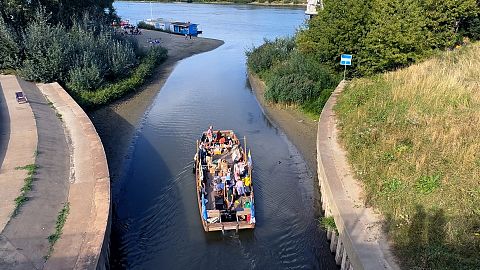
The cultural heritage of water: reconnecting with rivers through art
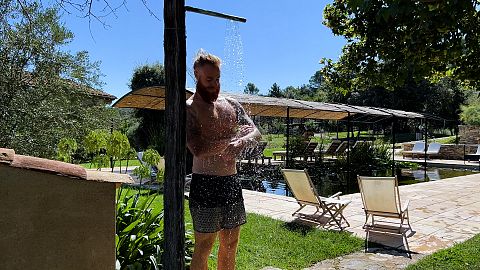
Circular economy: Can hotels recycle wastewater from tourism?
